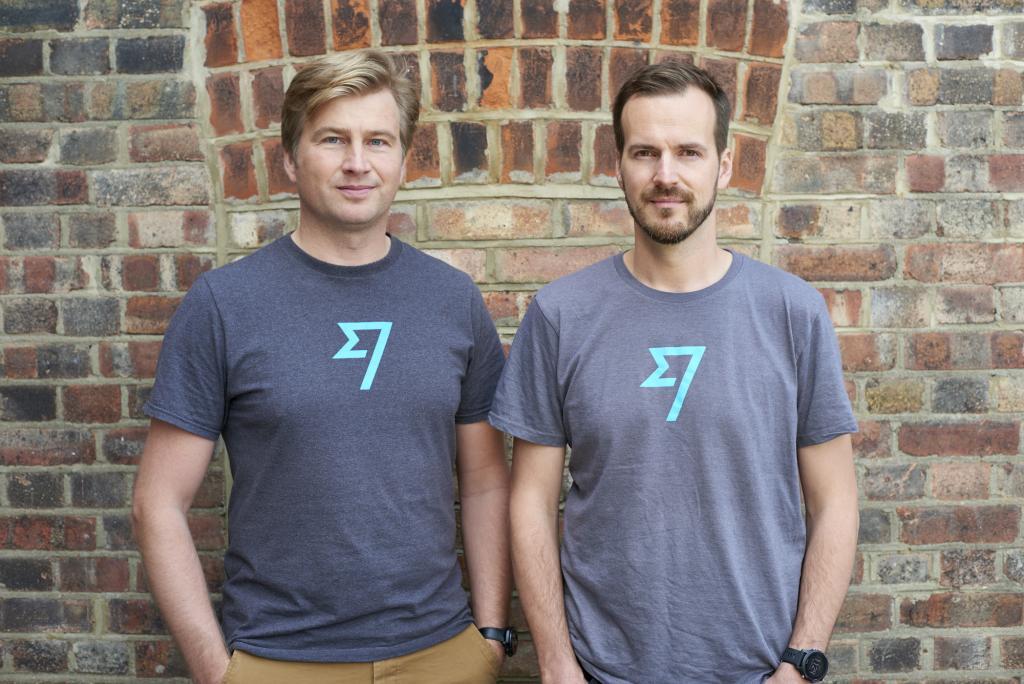At the end of the third quarter of 2022, 9,857 people were employed in the Estonian startup sector; startups had increased their employee numbers by 28 per cent over the year and created more than 2,000 new jobs, figures available from the database managed by Startup Estonia show.
The largest employer in the Estonian startup sector at the end of September was Wise, with 1,611 employees, 393 more than at the same time last year. The second largest employer was Bolt, which employed 1,251 people, marking an increase by 230 employees. The top five employers in the startup sector also include Swappie with 530 employees and 117 new jobs, Veriff with 427 employees and 98 new jobs and Monese with 225 employees and 83 new jobs.
The head of Startup Estonia, Eve Peeterson, said that while the number of employees of startup companies increases by 20-30 percent per year, the changes in the economy undoubtedly affect the startup sector as well.
“We don’t know at this stage the extent or duration of possible future changes, but startups, by their nature, are flexible and ready to respond to changing circumstances. This was demonstrated by the coronavirus crisis, recovery from which was fast. However, it is clear that our local startups cannot grow without foreign workers, as there is a shortage of specialists in certain fields in Estonia,” Peeterson said.
She said that, therefore, Startup Estonia is launching a growth company visa programme modeled on the Estonian startup visa, which will allow successful Estonian technology companies to recruit employees from abroad even if they have outgrown the definition of a startup, but continue to aim for rapid growth and operate according to a business model with global ambition.
According to the database managed by Startup Estonia, there are 1,452 startup companies operating in Estonia, and 418 or 29 per cent of them are five years old or older.

Half more in labour taxes than last year
Figures from the Estonian Tax and Customs Board show that startups paid €134 million in labour taxes in the first three quarters of this year, which is almost half or 48 per cent more than during the same period last year. The biggest payers of labour taxes were Bolt with €22.6 million, Wise with €17.7 million, Veriff with €6 million, Starship Technologies with €3.8 million and Monese with €2.9 million.
The largest numbers of startup employees are employed in the field of financial technology – in total 2,808 people, or 28 per cent of all employees of the startup sector. Financial technology companies paid a total of €37.3 million in labour taxes to the state, which is 28 per cent more than during the first three quarters of last year. In addition to Wise, the largest payers of labour taxes in the fintech sector were Monese with €2.9 million and Paxful with €2.3 million.
A total of 2,075 people, about a fifth of the total number of employees of the startup sector, work at businesses in the field of transport and logistics. There are 86 startups operating in said field in Estonia, which paid €35 million in labour taxes by the end of the third quarter. The largest employers were Bolt, Starship Technologies and Milrem.

The third largest sector in terms of the number of employees is business software and HR services, with 256 startups employing 1,061 people in total. Startups in the sector paid €15.9 million in labour taxes to the state from January to September. The largest employers were Eurora Solutions, with 122 employees and labour taxes of €1.8 million paid, and Scoro, with 104 employees and €1.6 million paid in labour taxes.
Startup Estonia brings together and supports Estonian startup entrepreneurs. It collects data in cooperation with startups based on the latter’s information as well as data from the Tax and Customs Board and Statistics Estonia.
The Startup Estonia programme is funded by the European Regional Development Fund.

